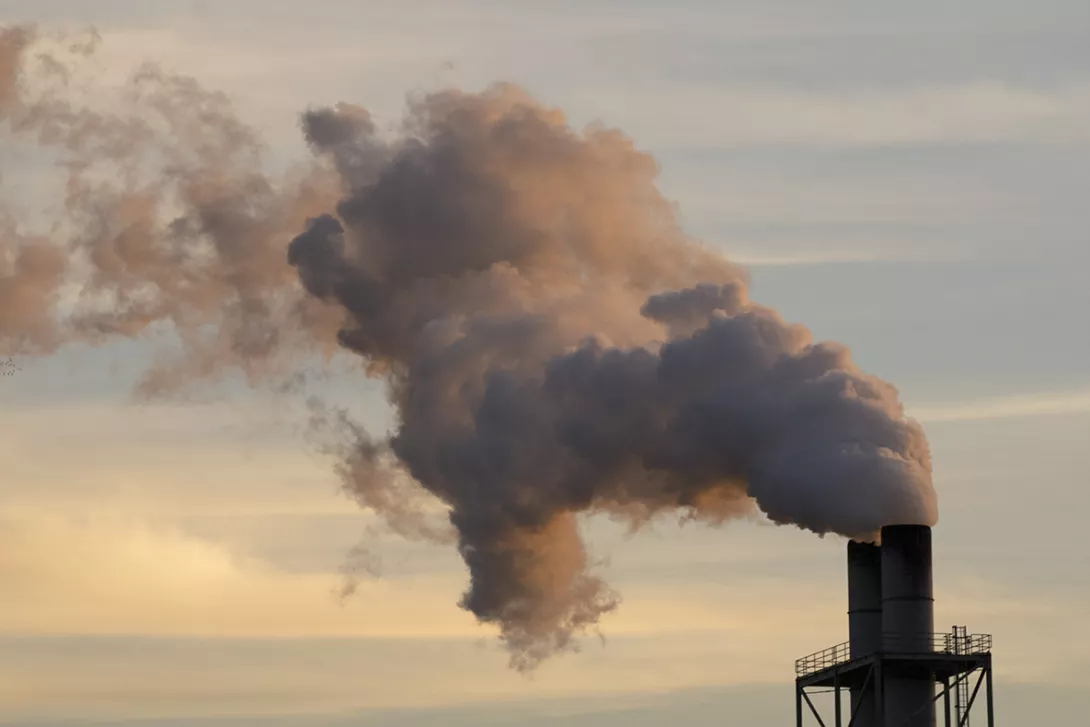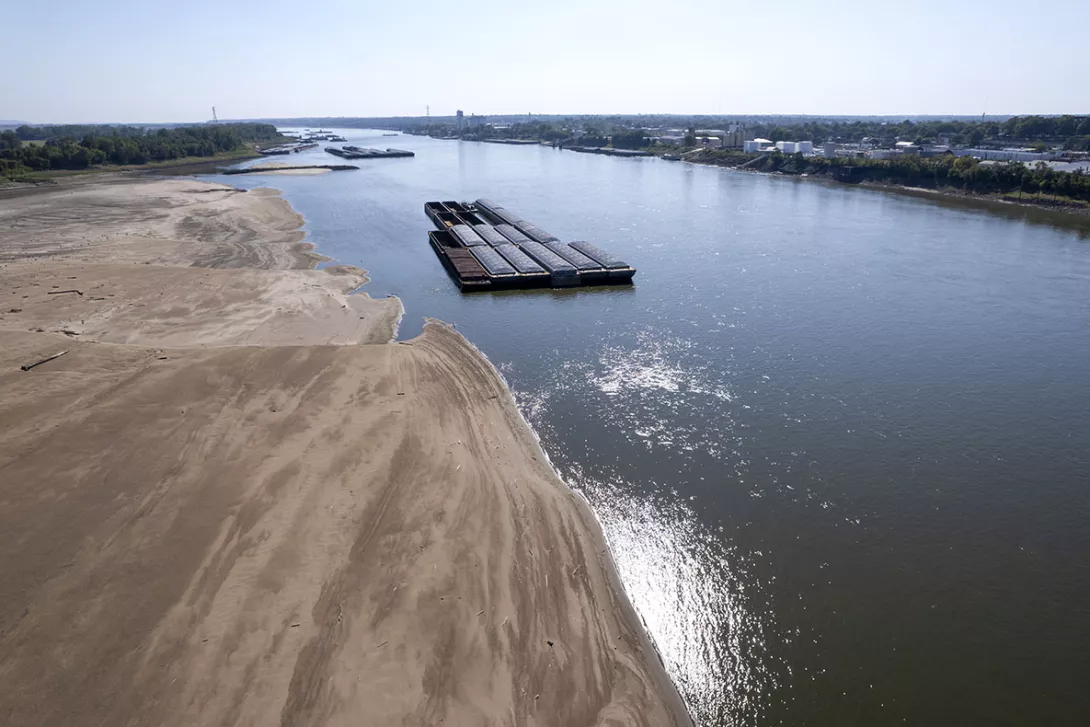Global warming exceeded 1.5°C across the entire year for the first time

GLOBAL warming has exceeded 1.5°C across an entire year for the first time, climate experts reported today.
Scientists have long said that the long-term rise in temperature needed to be limited to 1.5°C to avoid the worst impacts of climate change.
A landmark United Nations report in 2018 said that the risks of more intense heat waves, rising sea levels and loss of wildlife were much higher at 2°C of warming than at 1.5°C.
More from this author

While Israel stalls on ceasefire agreement, its military kills another 78 people in Gaza
















